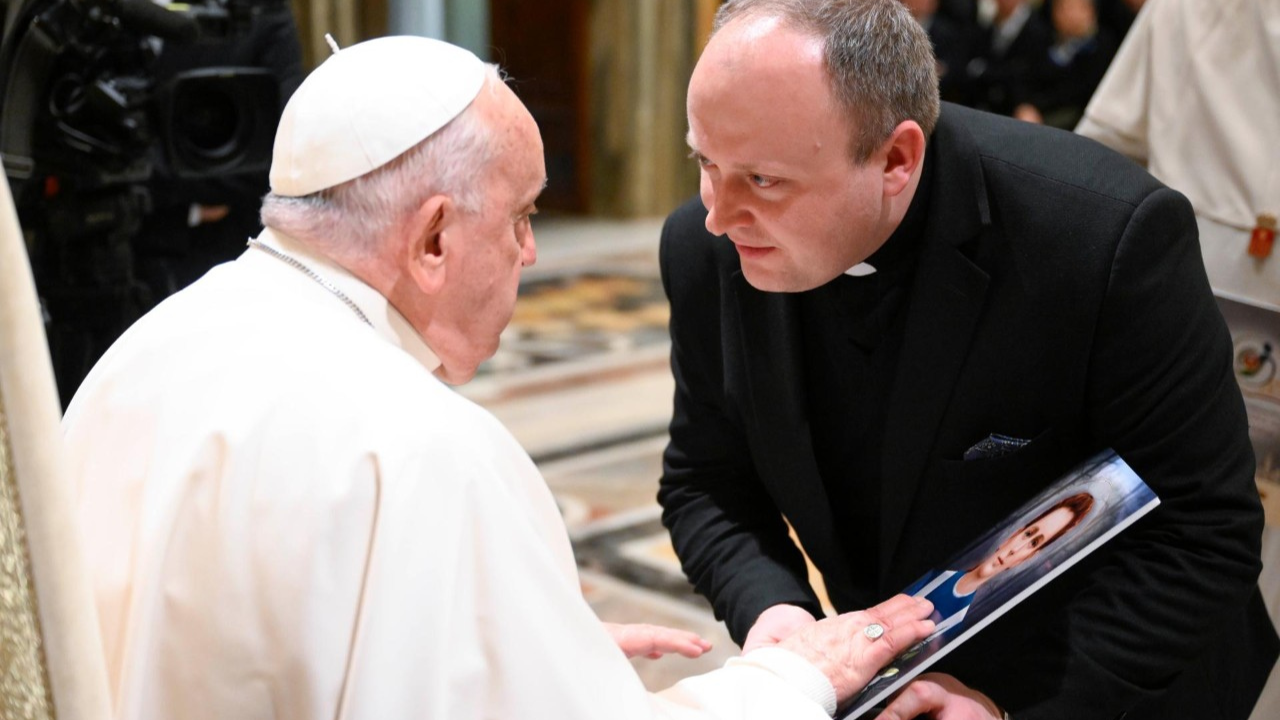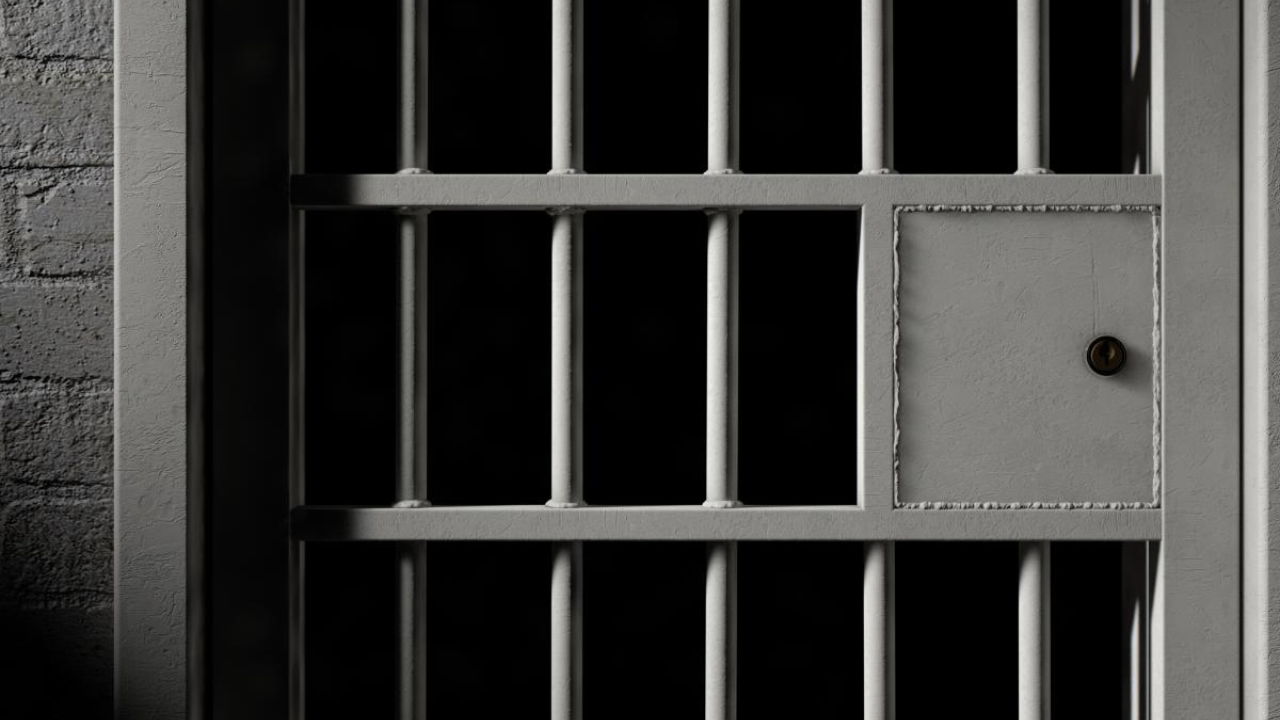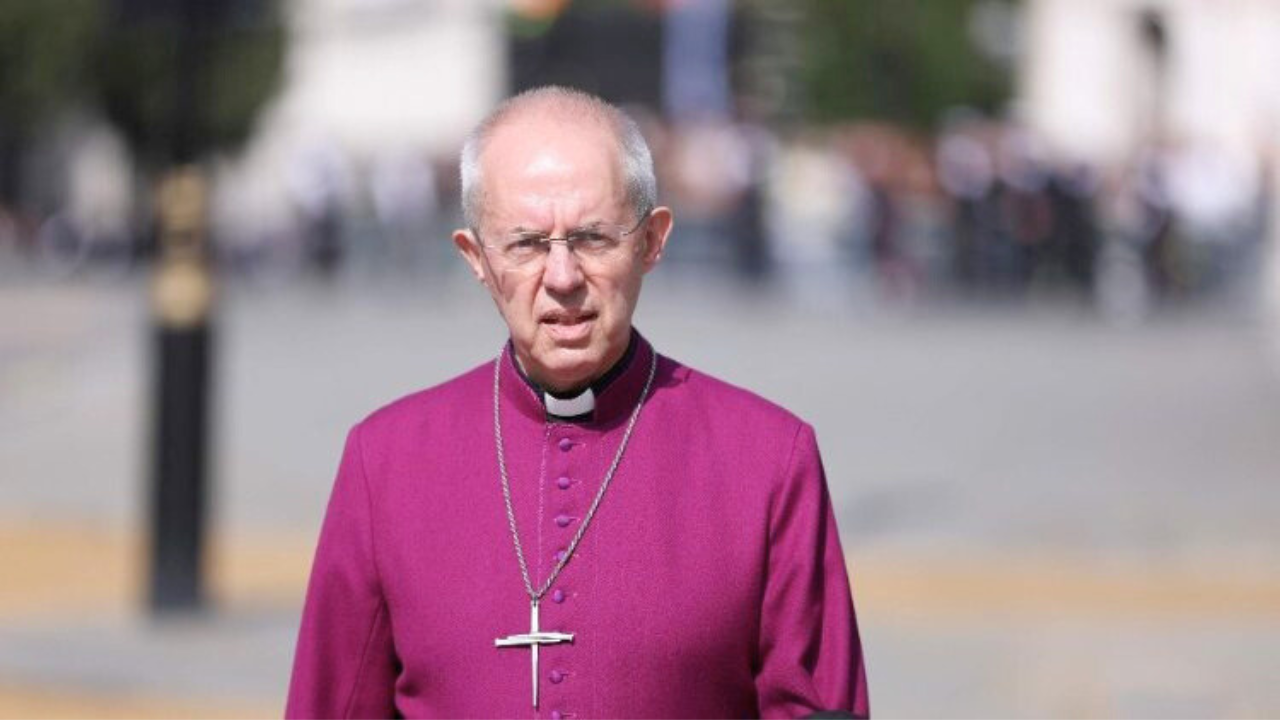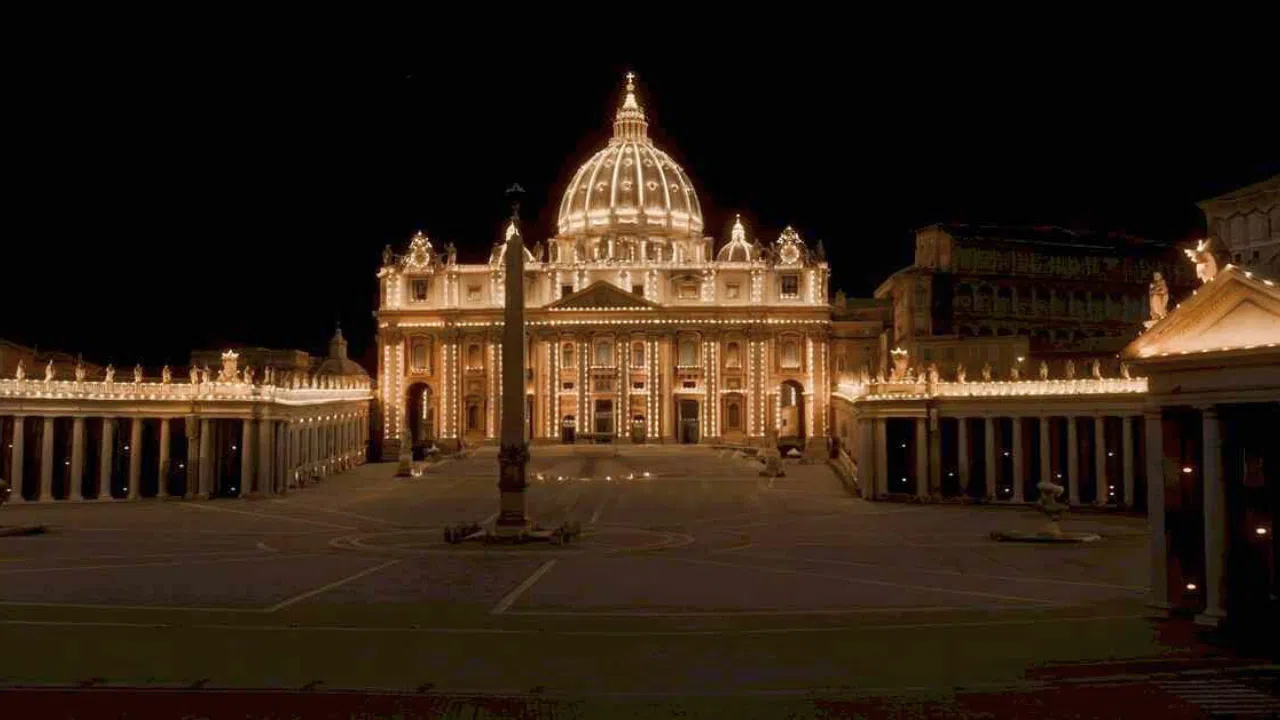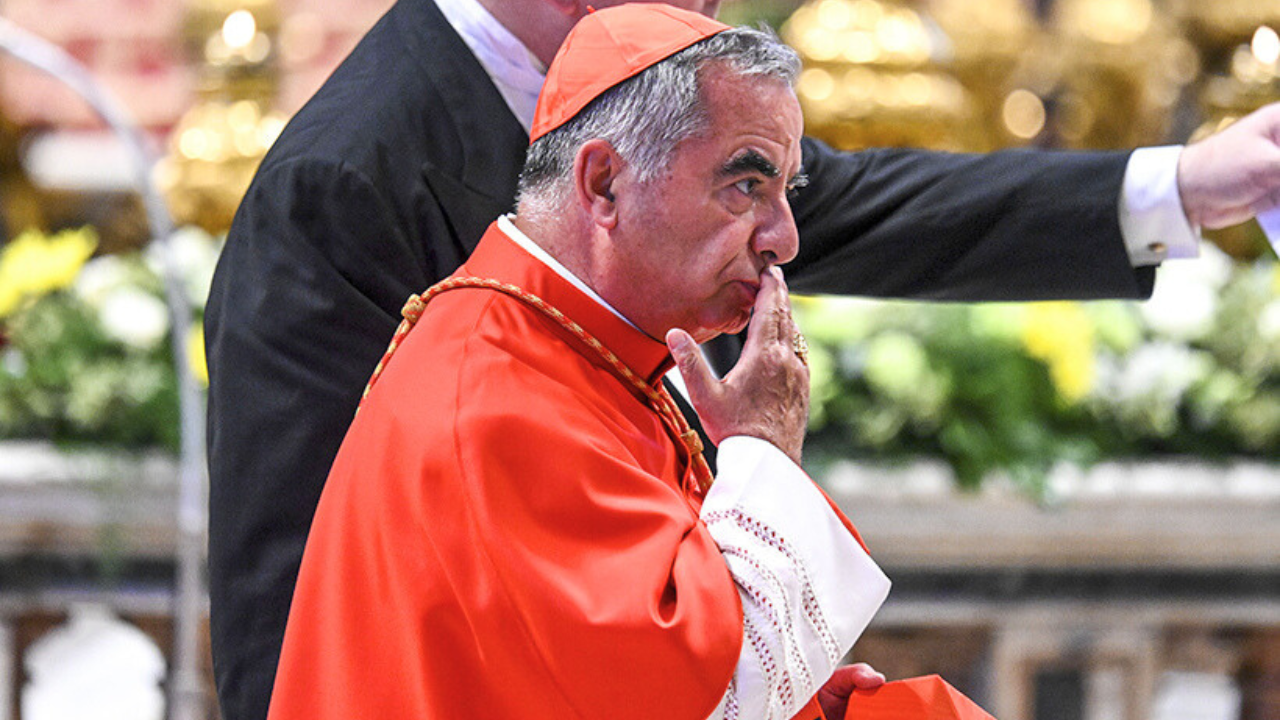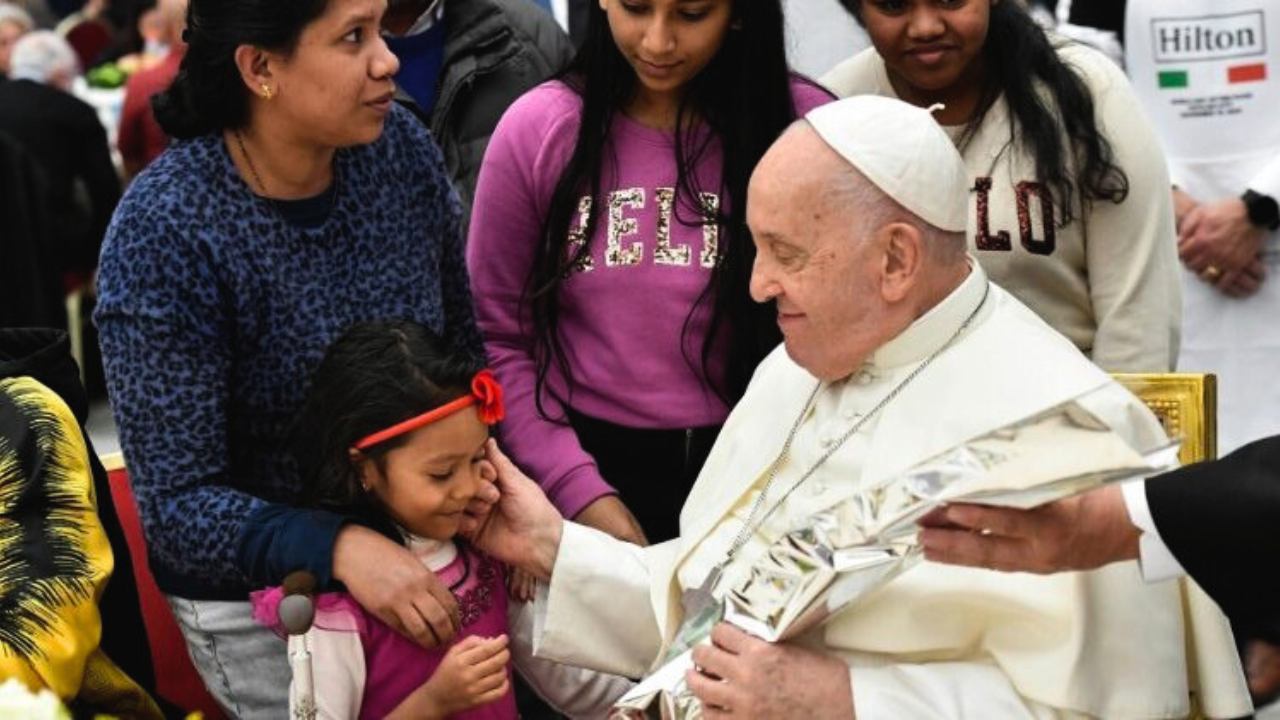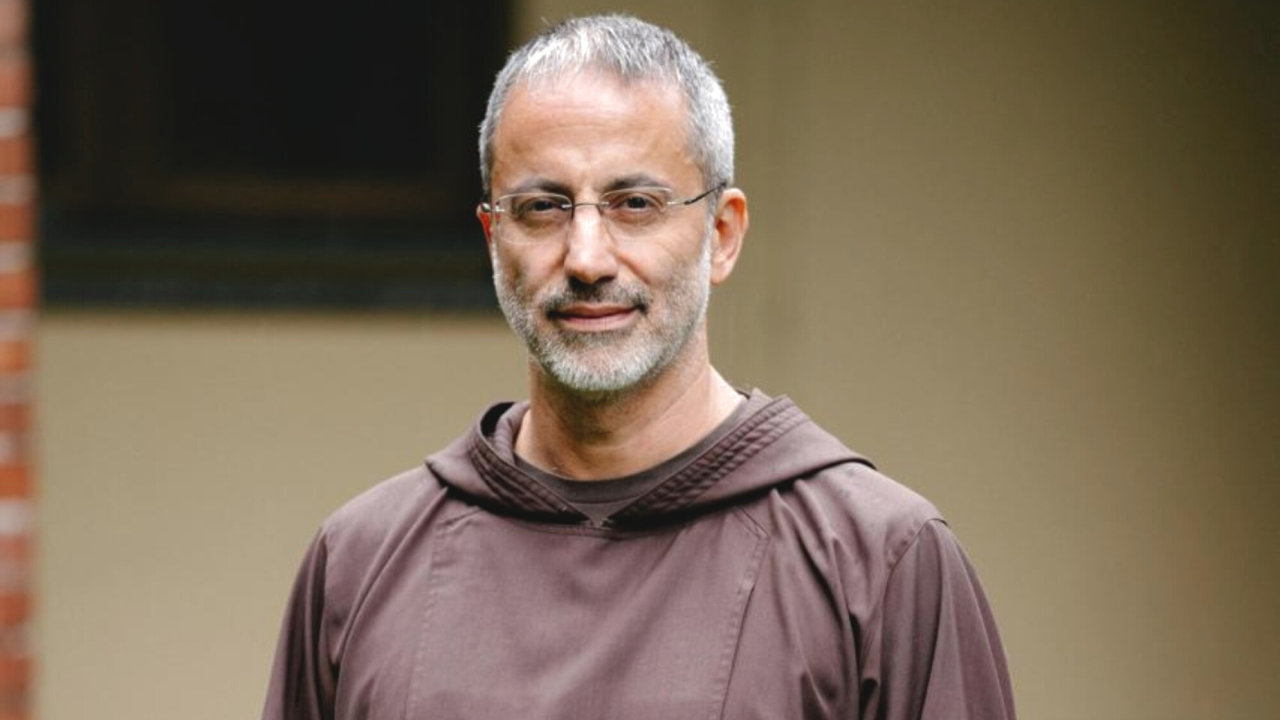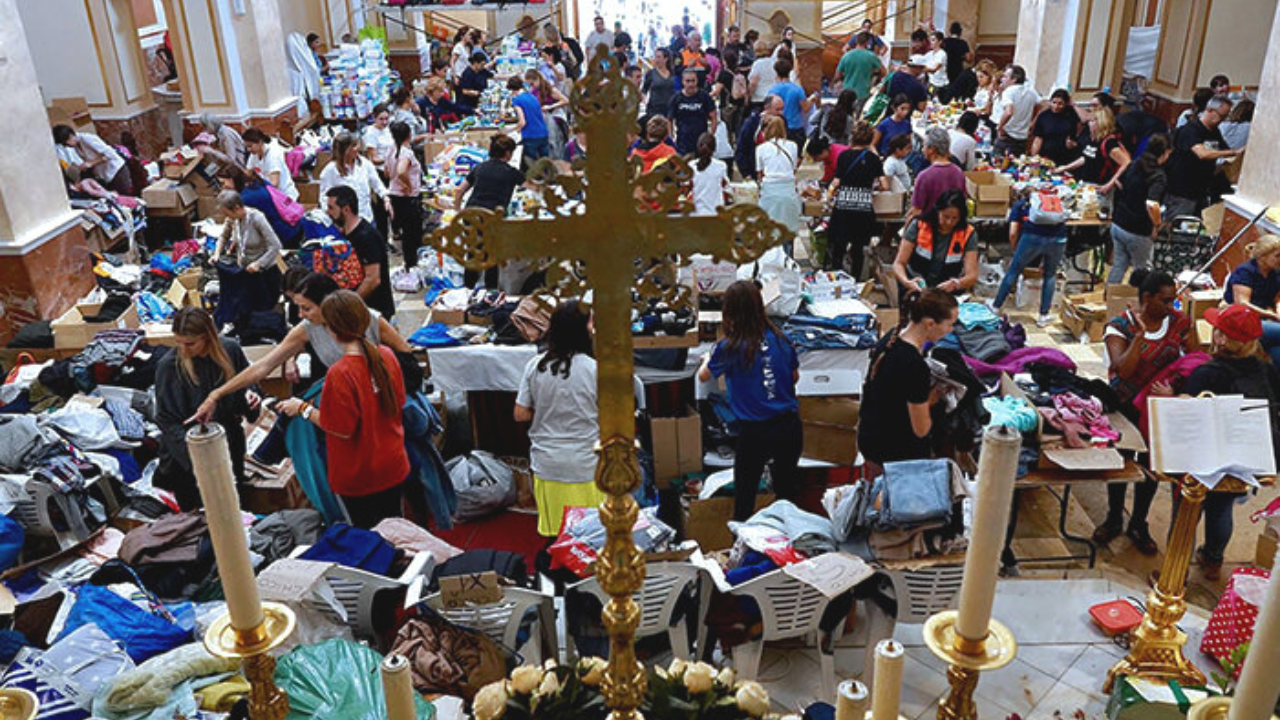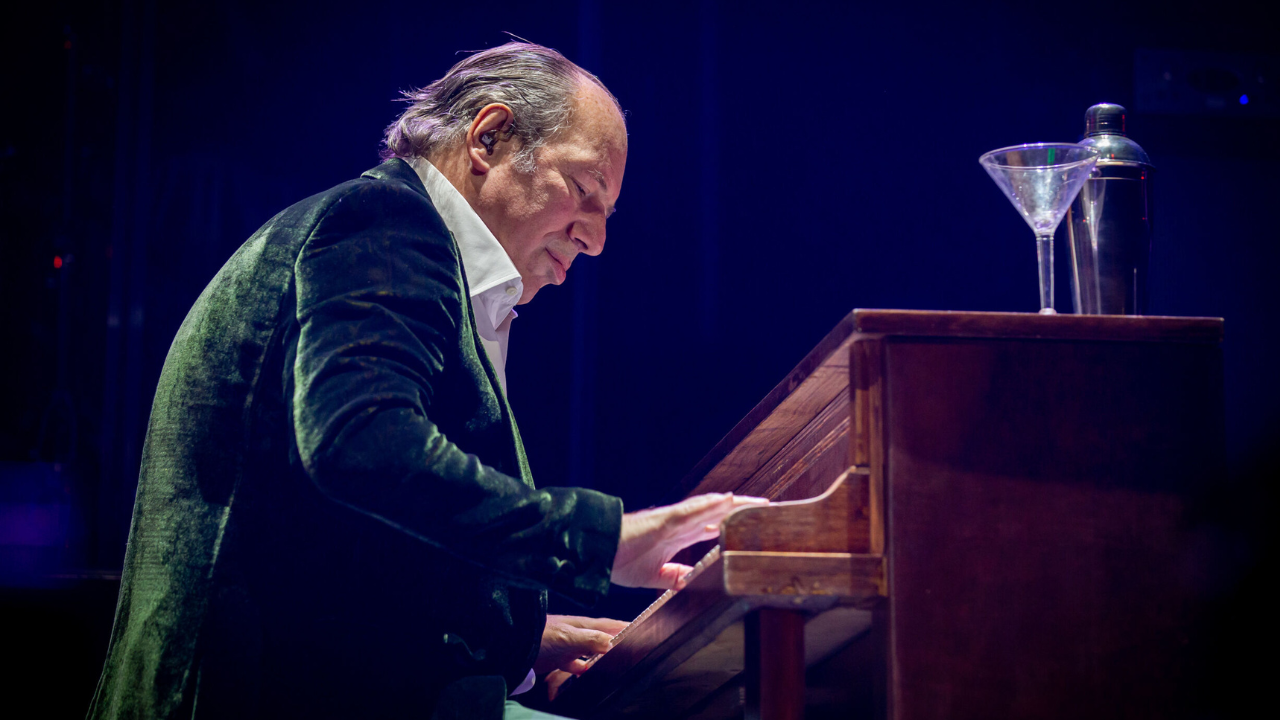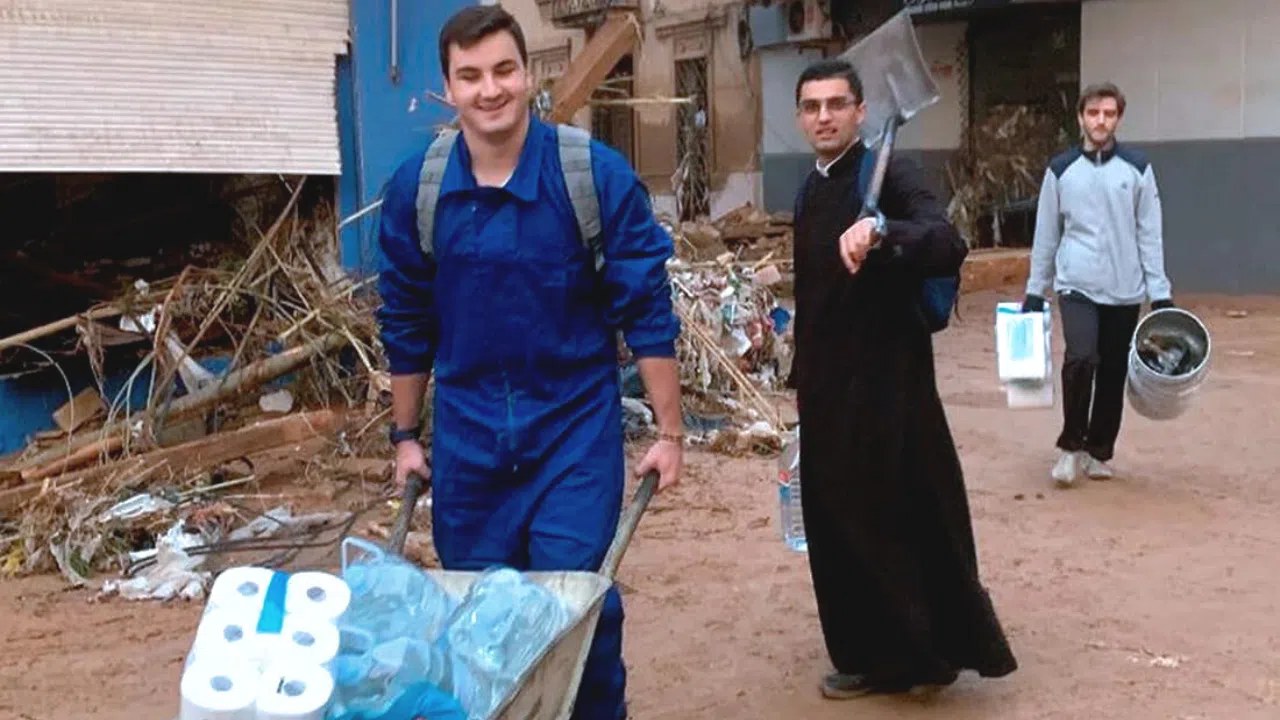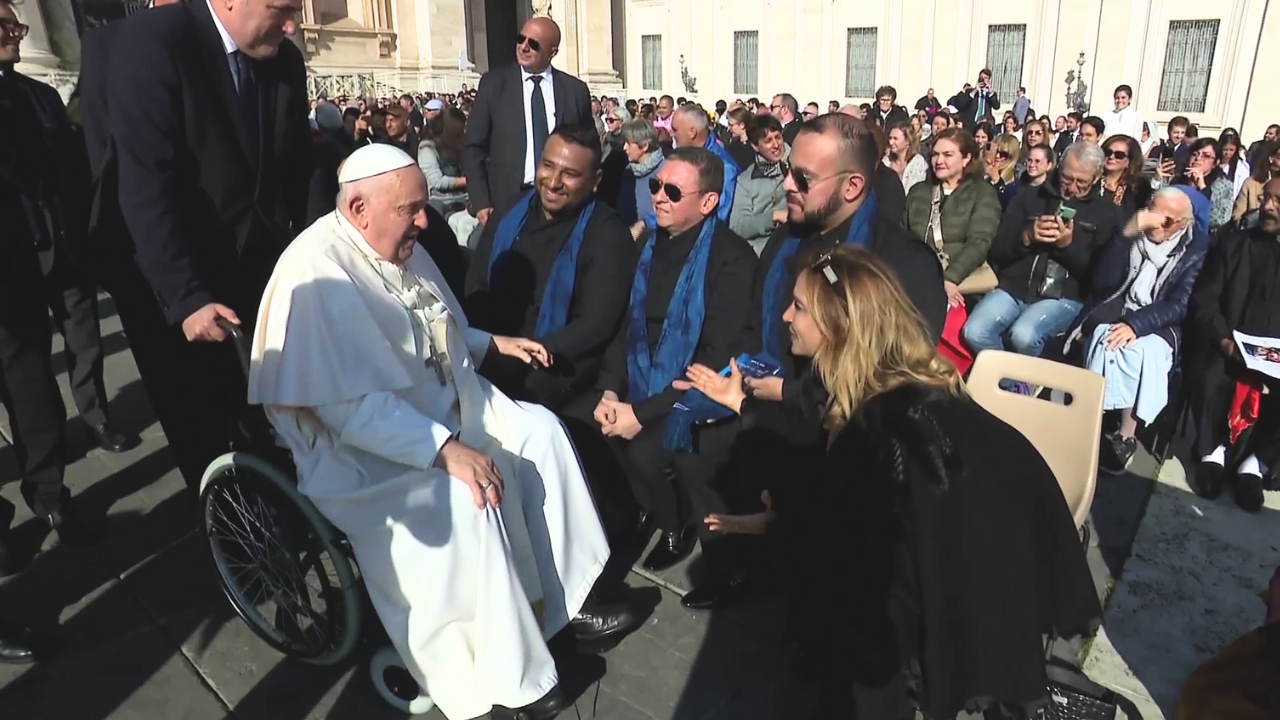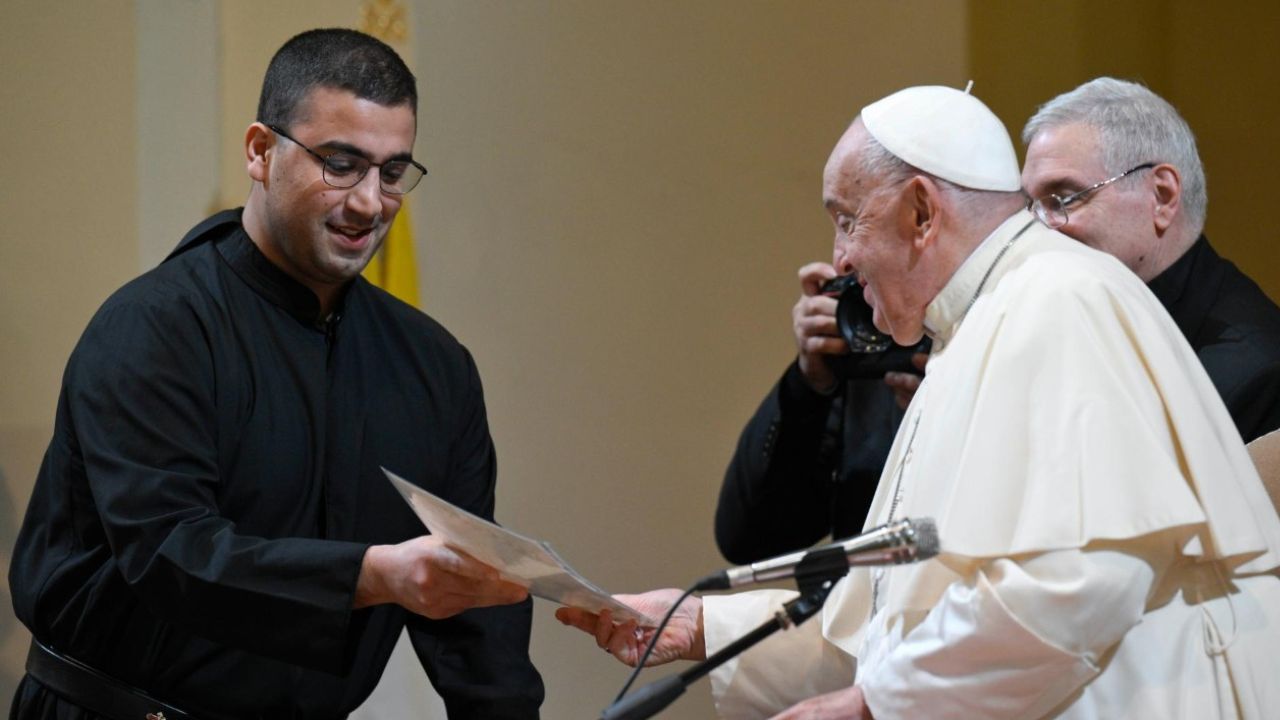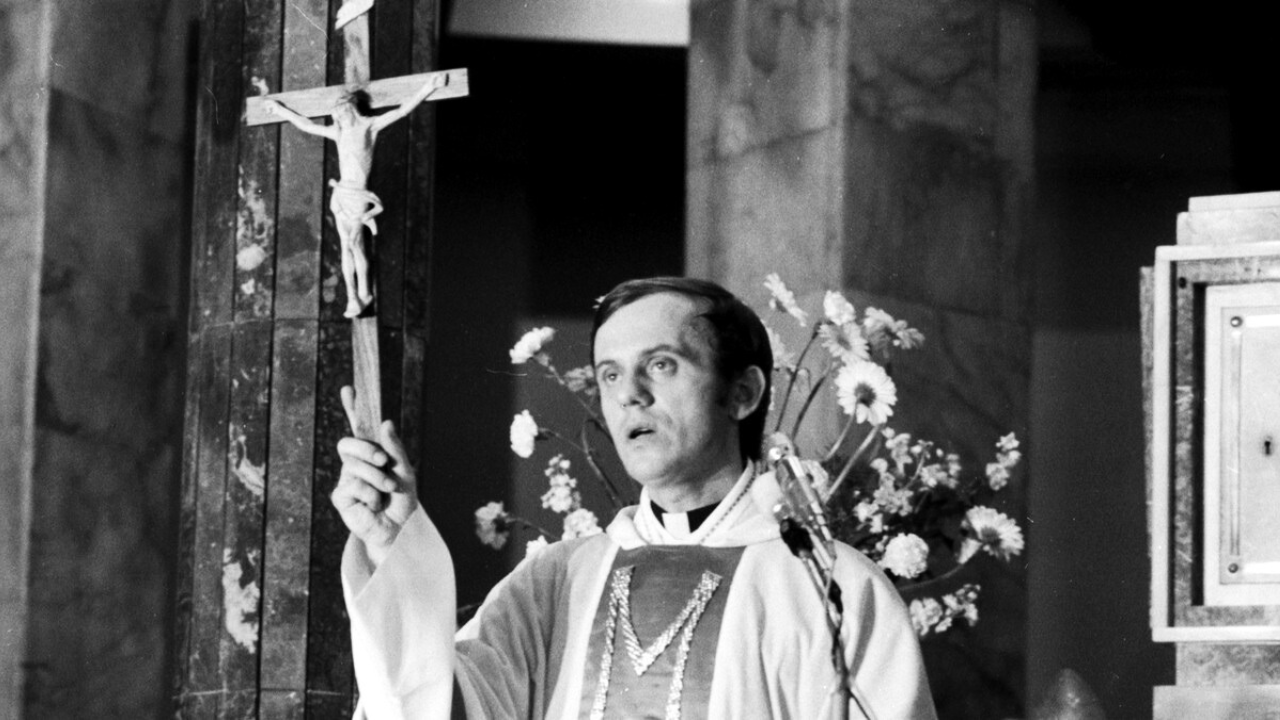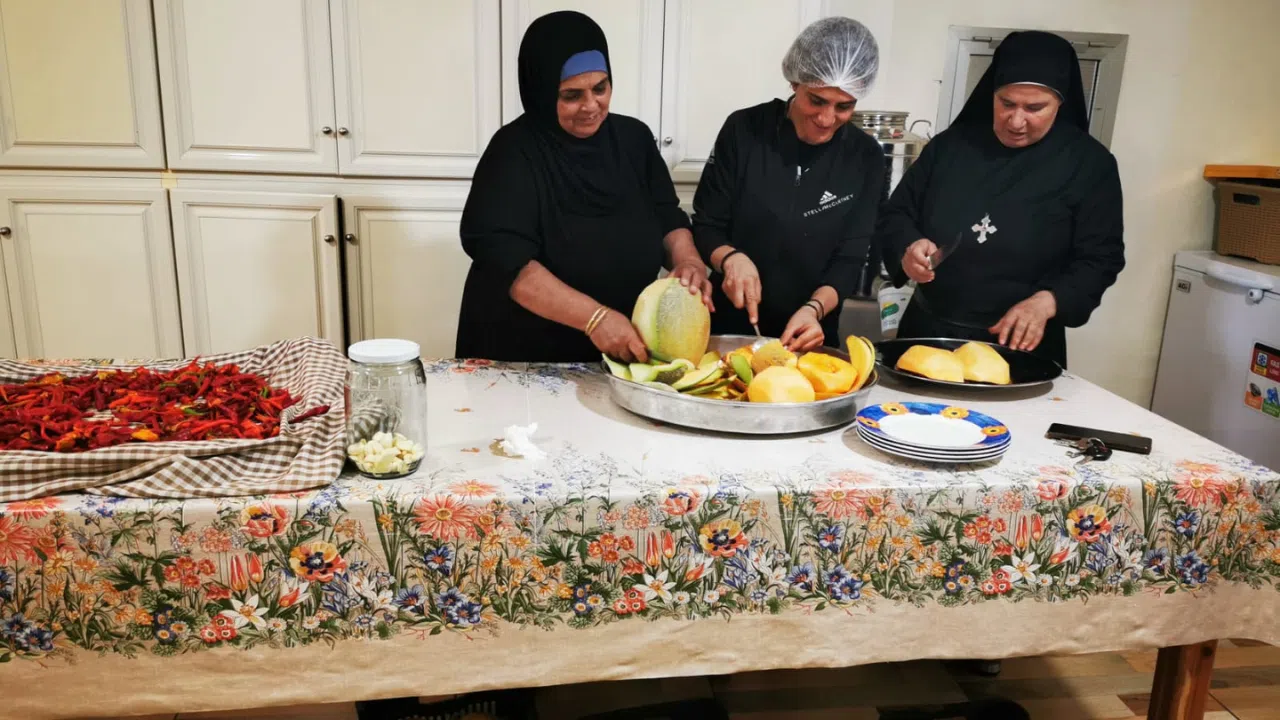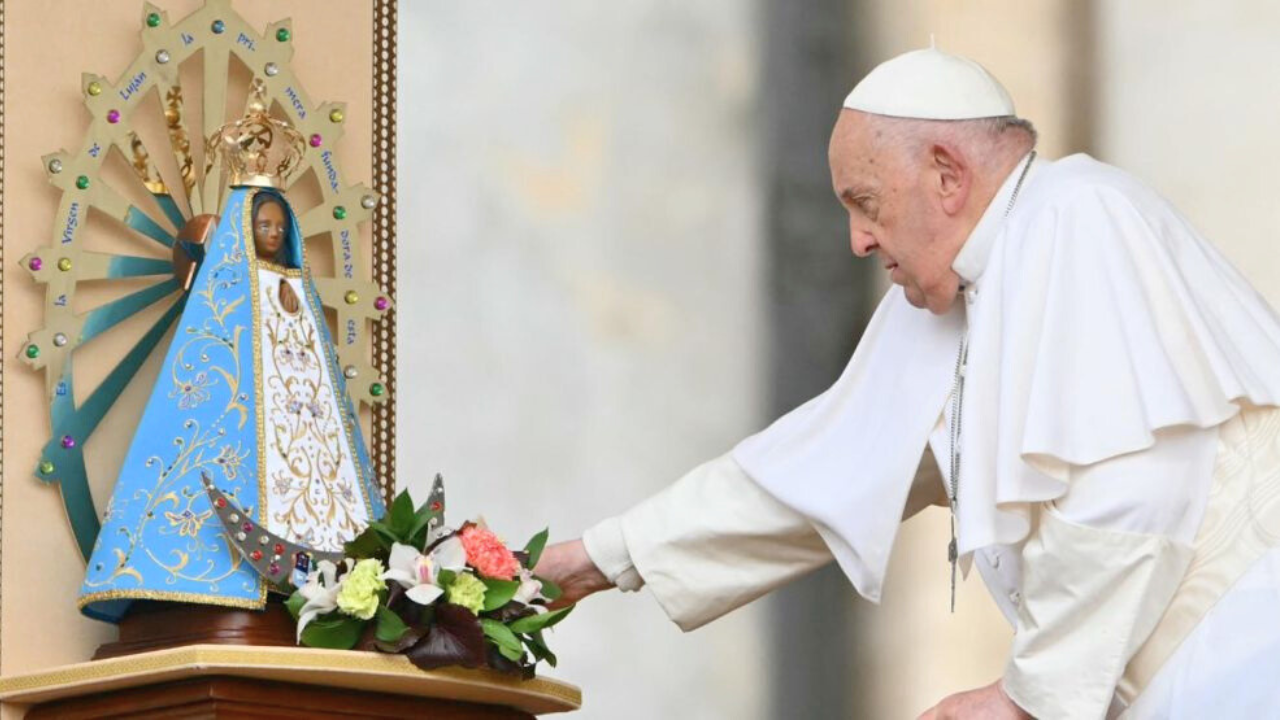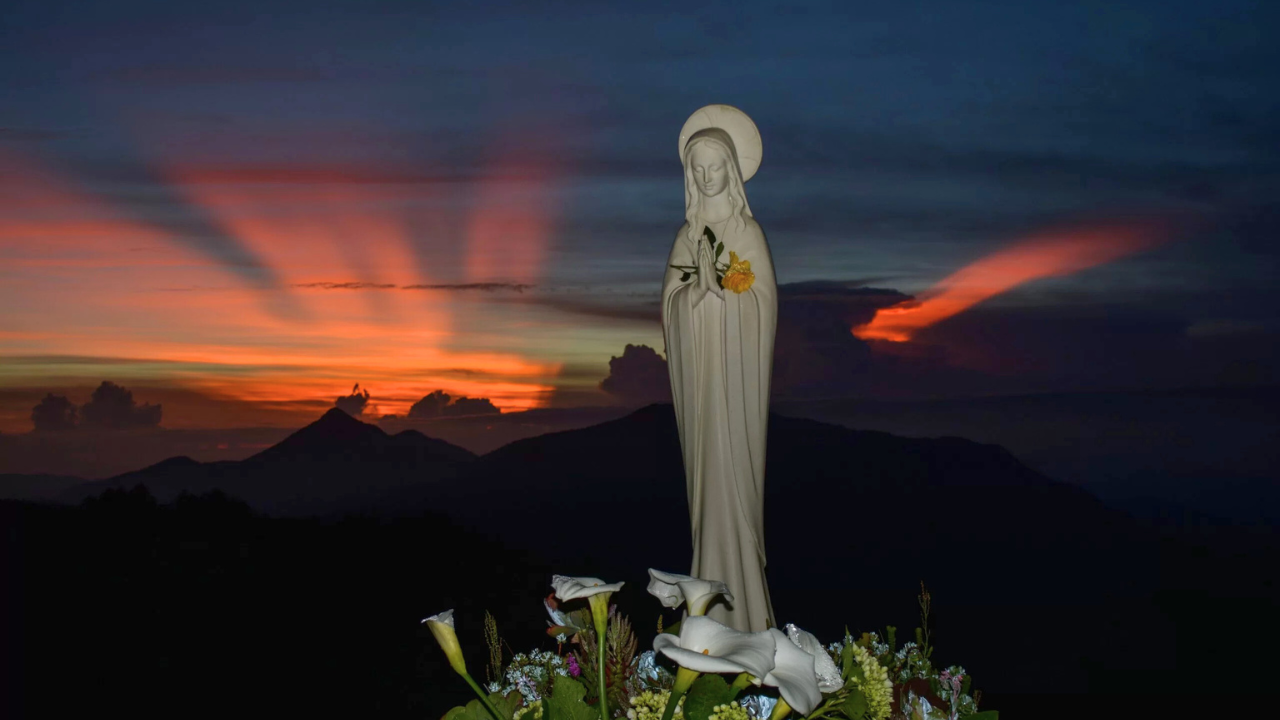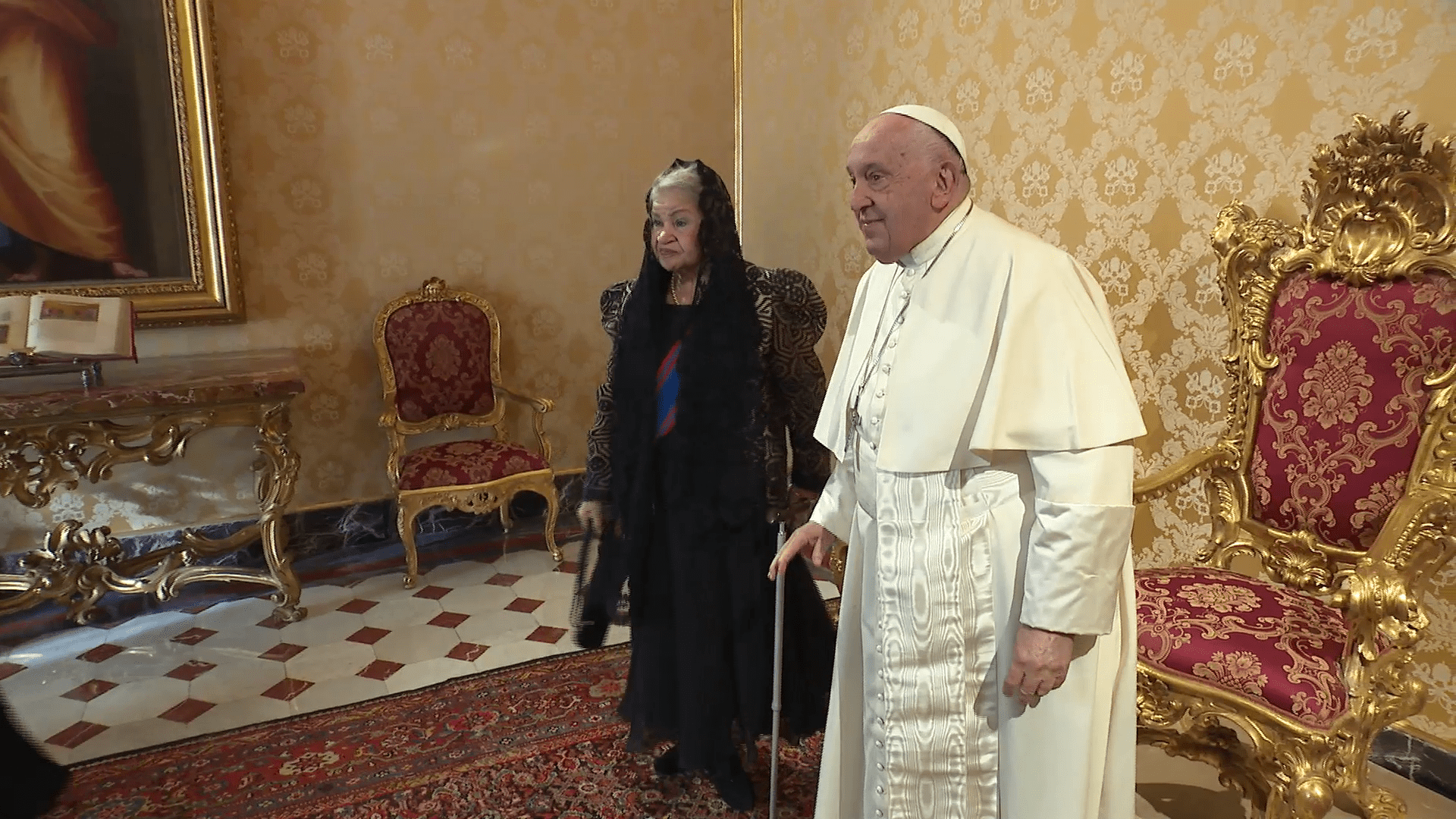More than 90 percent of the abuses reported in recent years in the United States correspond to crimes before the year 2000. A recent report from the U.S. Episcopal Conference verifies that this country, suffered most widespread from the abuse crisis. Now, it has succeeded with prevention measures.
The same report points out that in the last year, more than four million children and young people received training courses on abuse in Catholic institutions in the USA. Additionally, people in higher positions have also received training - 40,000 priests, 16,000 deacons and 170,000 educators.
This data does not appear in the news, but shows a real commitment, beginning with selection of candidates for seminaries.
Anthony Isacco is a psychologist who has been evaluating candidates in Pittsburgh for six years.
ANTHONY ISACCO
Psychologist, Diocese of Pittsburgh (USA)
“If you look at the statistics of sexual offenses of minors in the Diocese of Pittsburgh, you see that there's peak periods in the 70s, and 80s. Then, there were systemic changes that happened in the 1990s. With review boards, and, of course, more stringent requirements at the admission level, including the psychological evaluation. So, changes have been happening for a while. Then you see that reflected in the data there's fewer allegations now than ever before.”
Each year, its diocese rejects 30 percent of candidates in an effort to prioritize quality over quantity.
ANTHONY ISACCO
Psychologist, Diocese of Pittsburgh (USA)
“There's a number of risk factors and those risk factors are what I look for in my psychological evaluation. They can range anywhere from a lack of emotional regulation, poor attitudes about sexual assault, impulsivity, narcissism, lack of insight, lack of empathy toward others, and there's many more.”
Through professional tests, interviews and analysis, Dr. Isacco makes personalized reports, which he sends to the rector of the seminary.
ANTHONY ISACCO
Psychologist, Diocese of Pittsburgh (USA)
“Certainly, some psychological red flags are identified. But also helps inform the man in the seminary where they need to grow perhaps in formation. So can be preventative in terms of keeping the bad guys out of the seminary, but also helping the good guys grow more and learn more about themselves.”
The efforts and work to prevent abuse have been especially intense in the United States for 30 years.
Anna B. Torrance, Head of Education at the Diocese of Pittsburgh, remembers how years ago she was surprised by the emphasis on prevention.
ANNA BAMONTE TORRANCE
Secretary of Education, Diocese of Pittsburgh
“When my kids were babies, 20 years ago, I wanted to teach religious education at my parish. Before I was able to do so, I was required to do background checks, criminal background checks, state police background checks and child abuse clearances. Also, I was required to take a three-hour course called 'Protecting God's children.' I think at the time, you know, I was a practicing attorney. I am a mother of three little children. I wondered why I needed to spend a half a day to attend this course, just so I could teach religious education.”
The truth is doing this course changed her way of thinking. That is why she insists on the need to begin forming children from the nursery, with a program called 'The Catholic Vision of Love,' which adapts to different ages.
ANNA BAMONTE TORRANCE
Secretary of Education, Diocese of Pittsburgh
“The main idea is that God made you, and your body is a temple to be to be protected, and cherished. So that, I think it's to make sure that children understand that there are people who may not also appreciate, or there are, I guess, bad people who may not respect what God has produced in this beautiful child.”
This training, which similarly applies in Catholic centers in other parts of the world, has a very clear objective.
ANTONIO CARRÓN
Office for Abuse Prevention, Augustinian Recollects
'Students have to know what to do in that type of circumstance. Not only if it happens to them alone, but also if they see it in a nearby circumstance. Also name things. How can I know, if I am a toddler, if someone does something to me, how can I identify that as an abuse? So, we also need to empower the minors. '
Antonio Carrón from the Order of the Augustinian Recollects, was trained at the Center for Child Protection in Rome. It's an entity that promotes the prevention of abuse and protection of minors in the global Catholic Church.
ALESSANDRA CAMPO
Center for Child Protection
'Today we have more than 50 associated entities, from four continents. We are in about 30 countries of the world. We are working in every continent, except Oceania. We have a total of 2,000 students online. The program via internet is available in Italian, French, English, German and Spanish. We hope to have the version in other languages soon.'
Its work allows facing the protection of minors in different situations, with attention to regional differences.
ALESSANDRA CAMPO
Center for Child Protection
'It is clear that, for example, the way in which a certain social context talks about sexuality will condition the way in which abuse is lived, in which it is counted and the way to fight it. Another difference may be how the figure of the father is interpreted. If we think of family abuse, it is clear that based on how family relationships are, how children's education is lived, there will be an impact on how they live and react to abuse.'
Much remains to be done in the fight against abuses. But there are institutions, dioceses and Catholic realities that mark a line to follow for the future.
